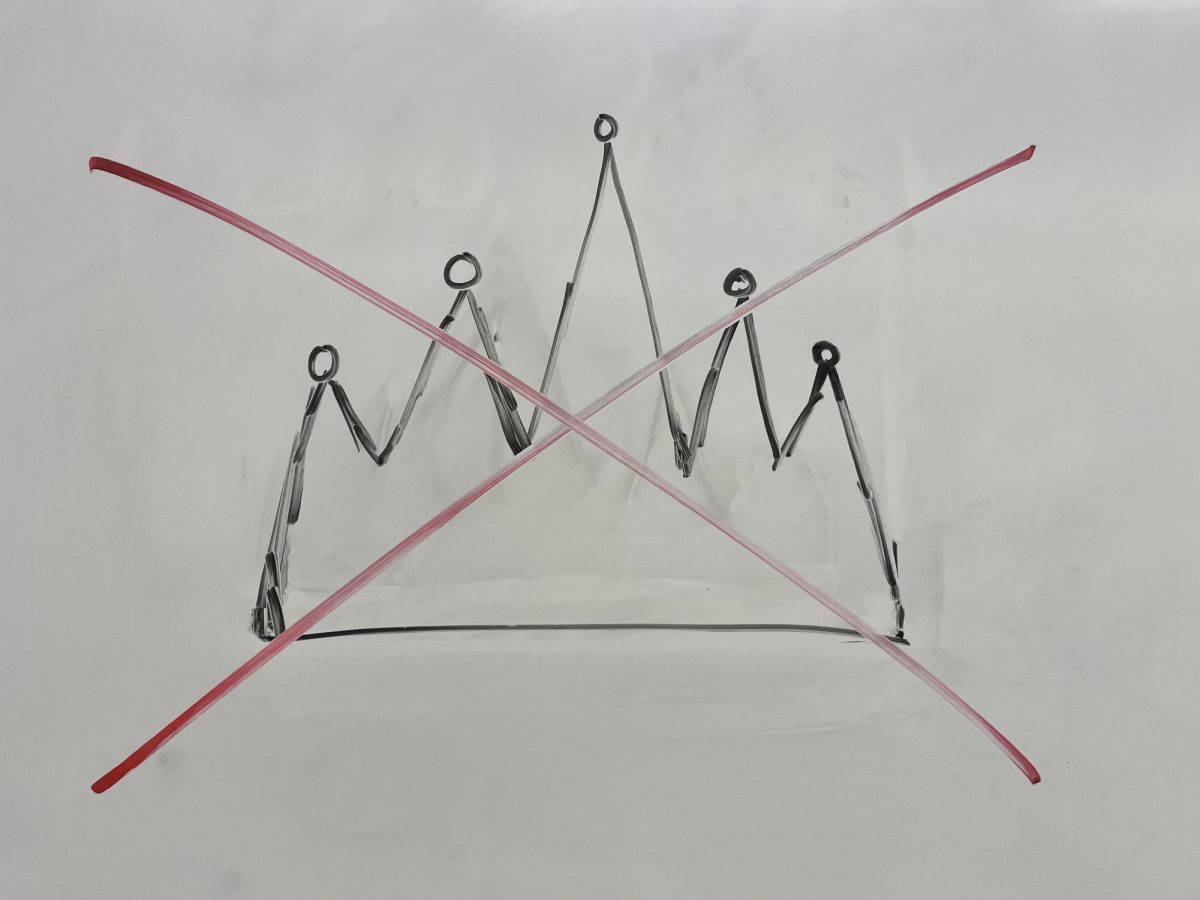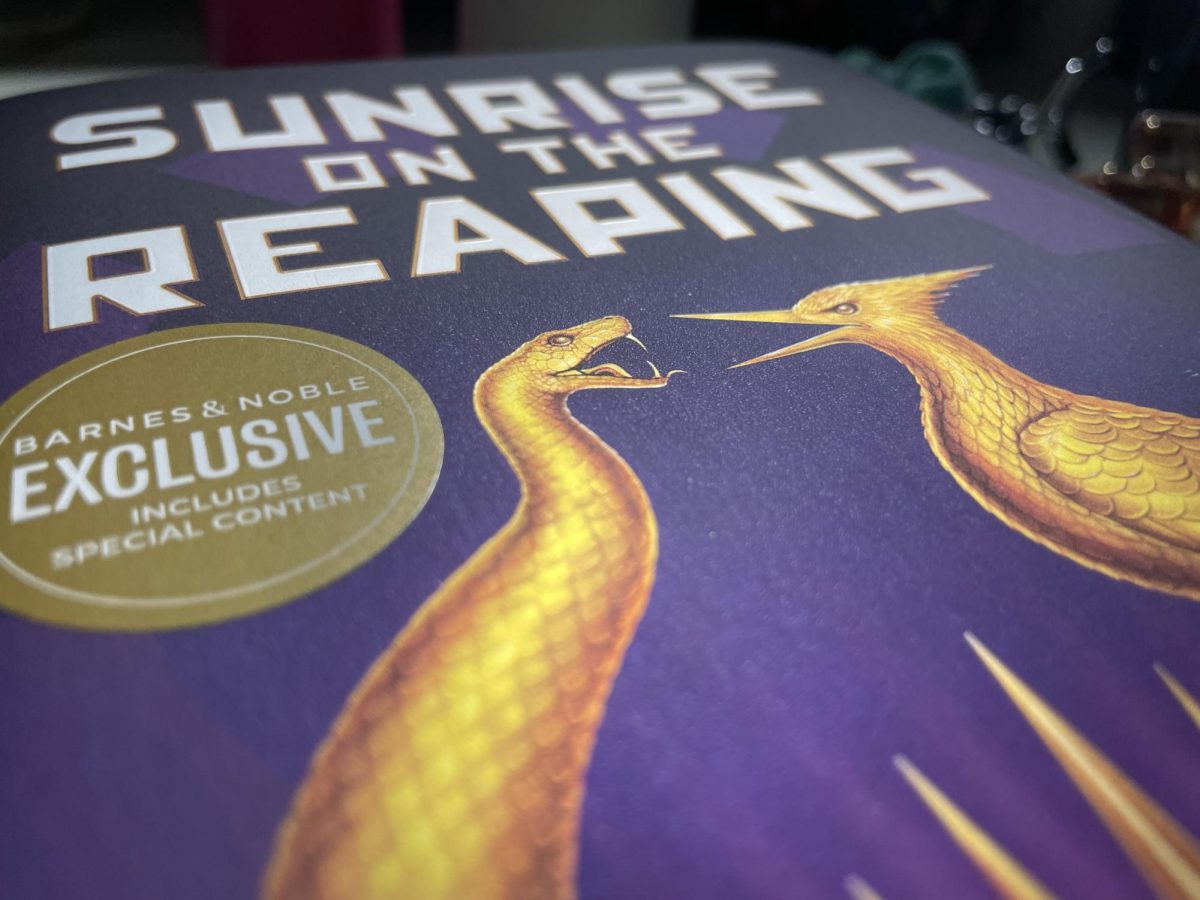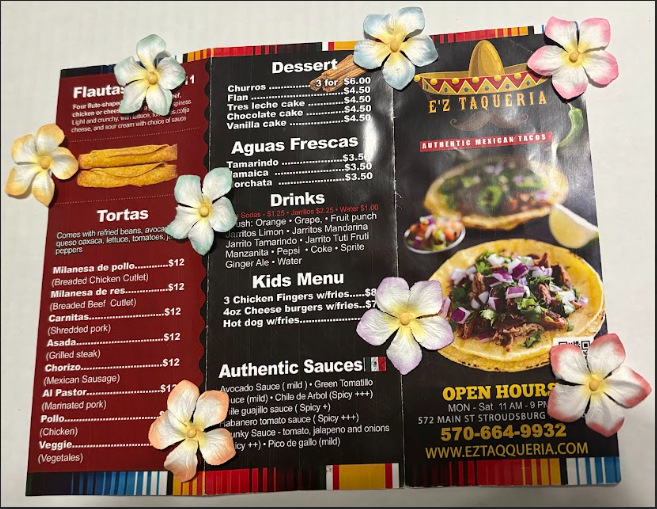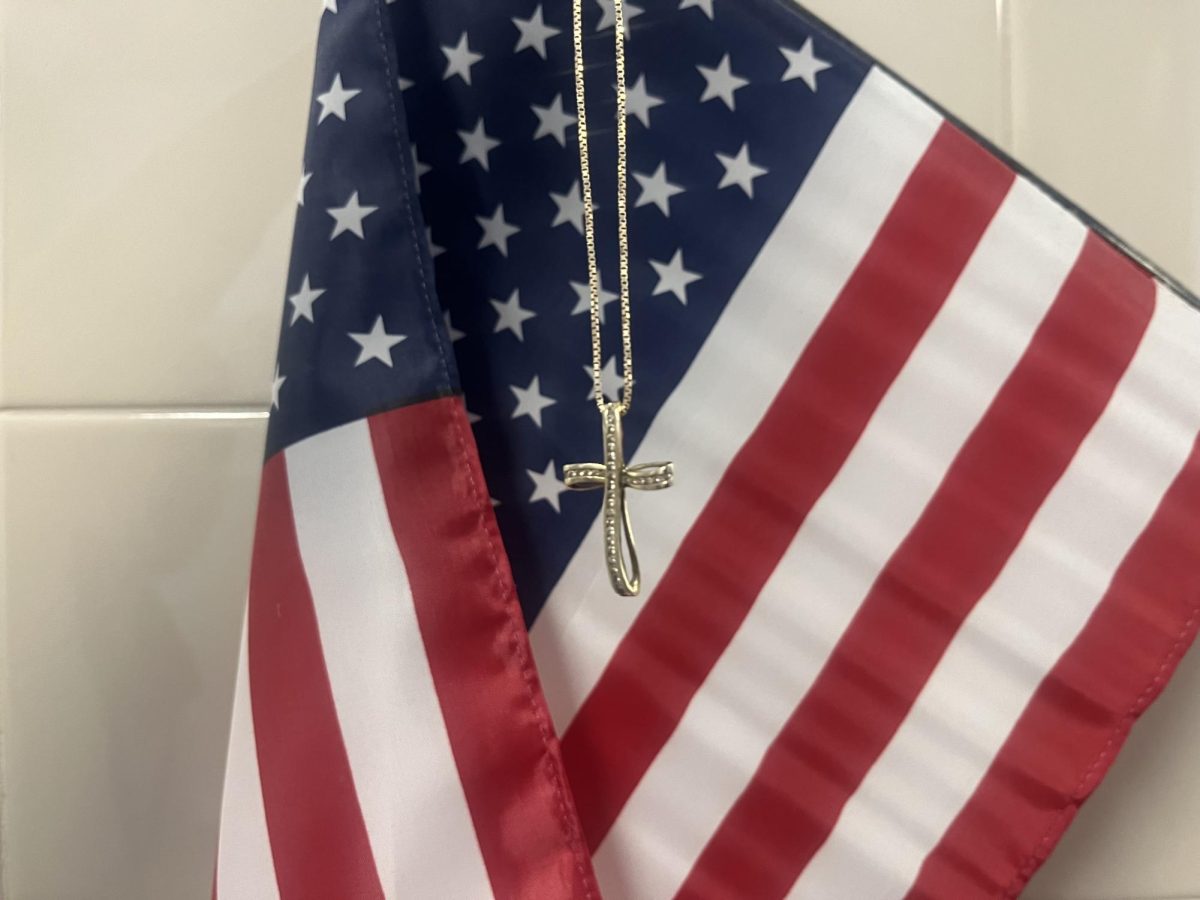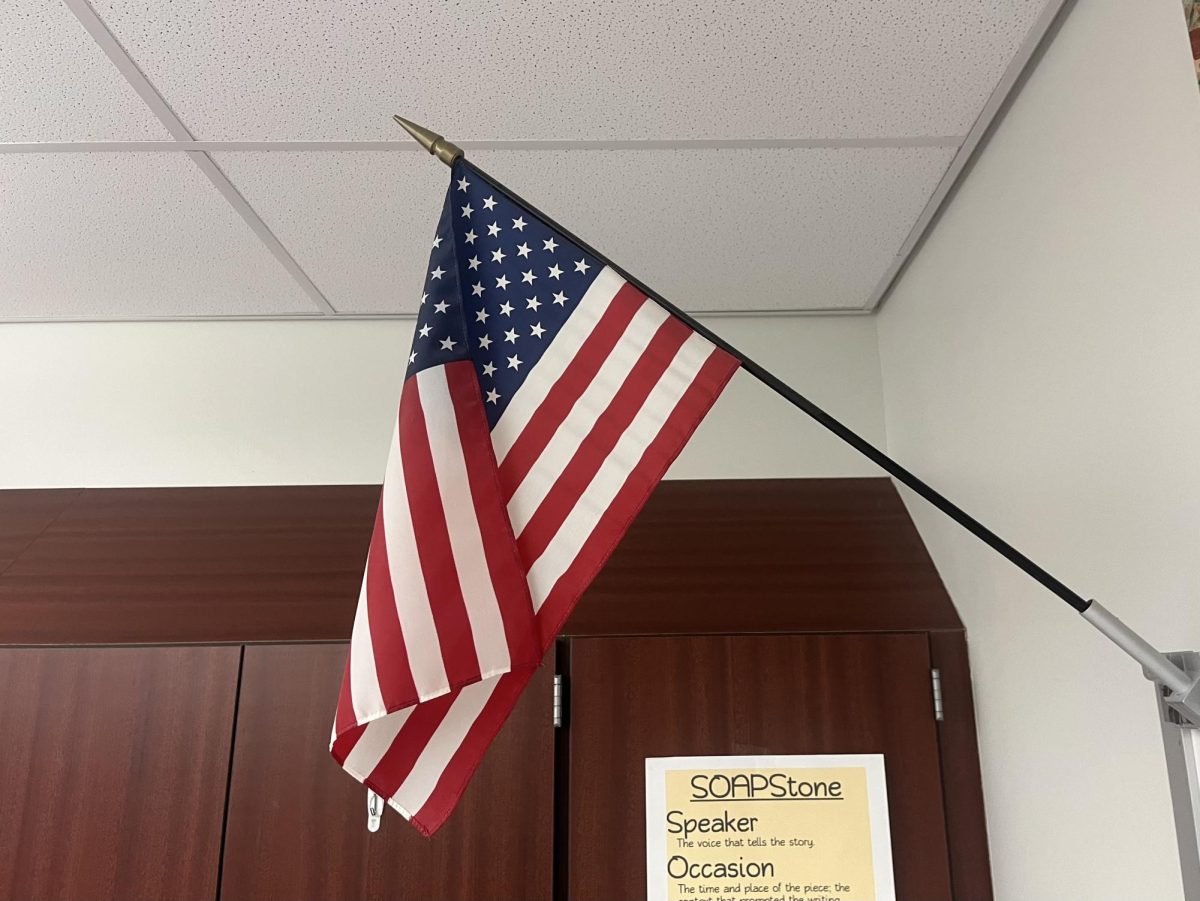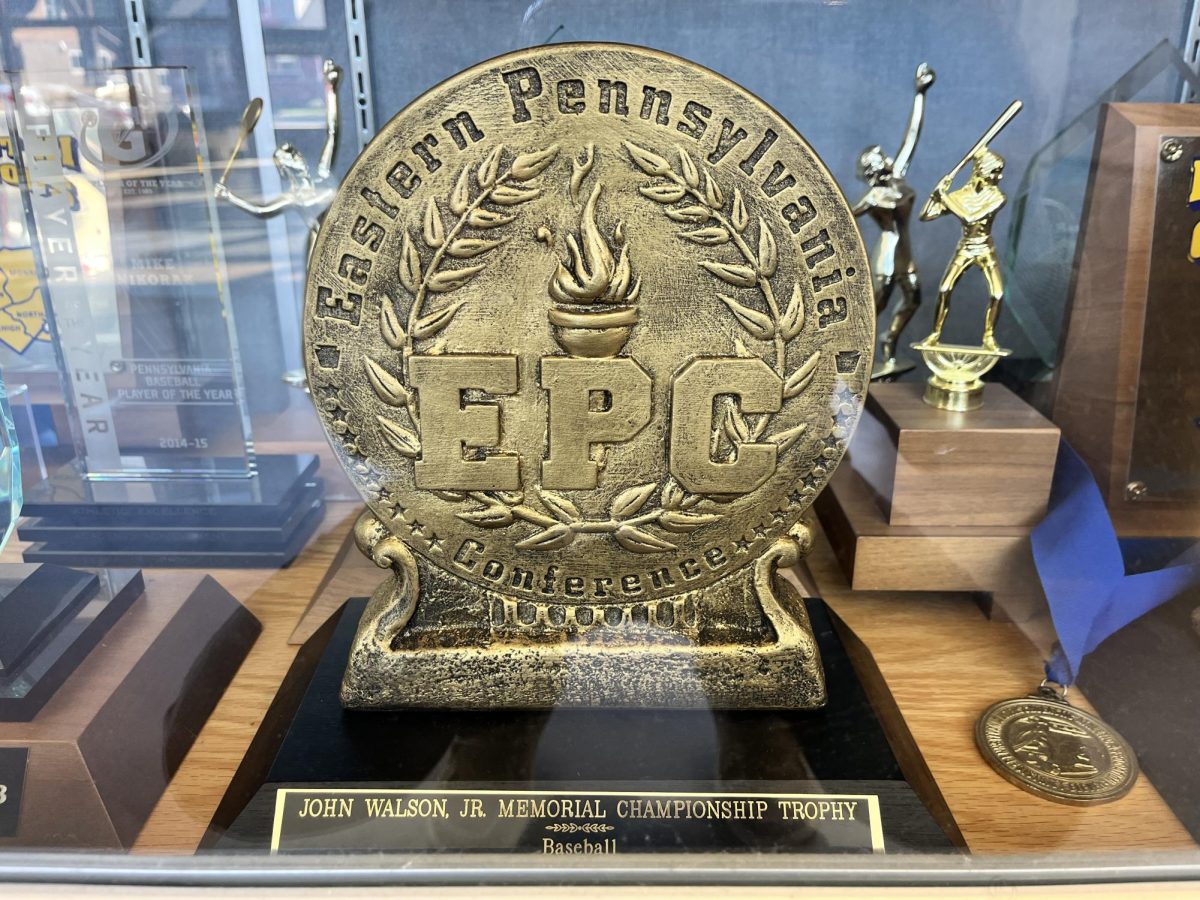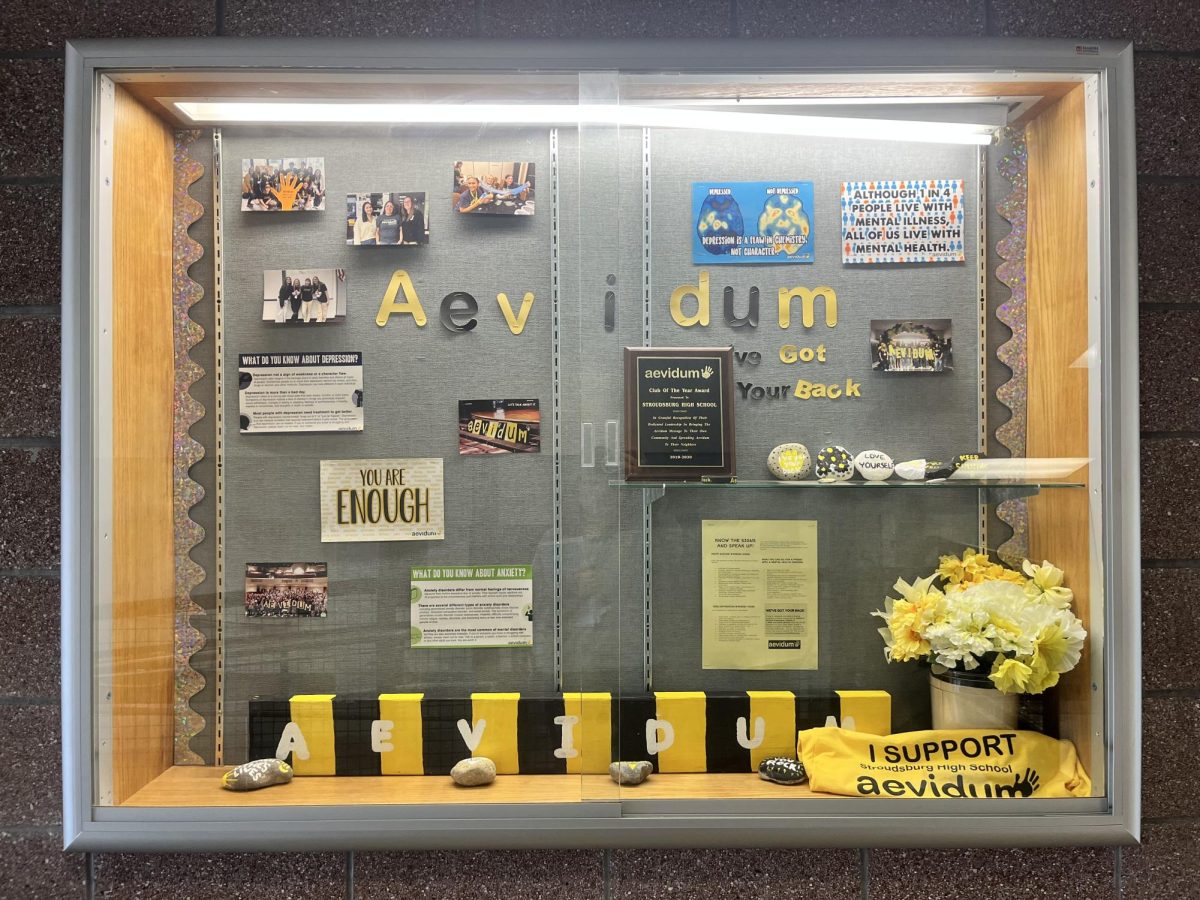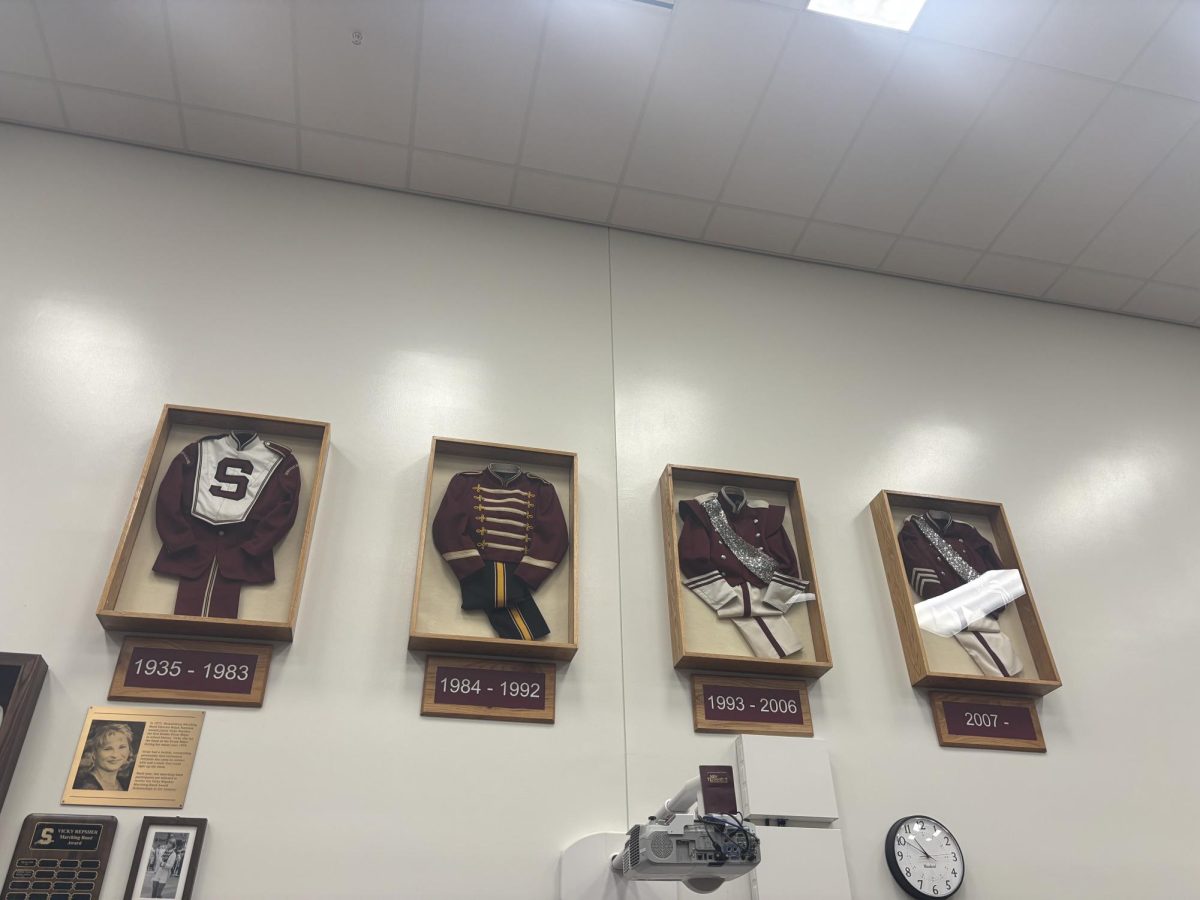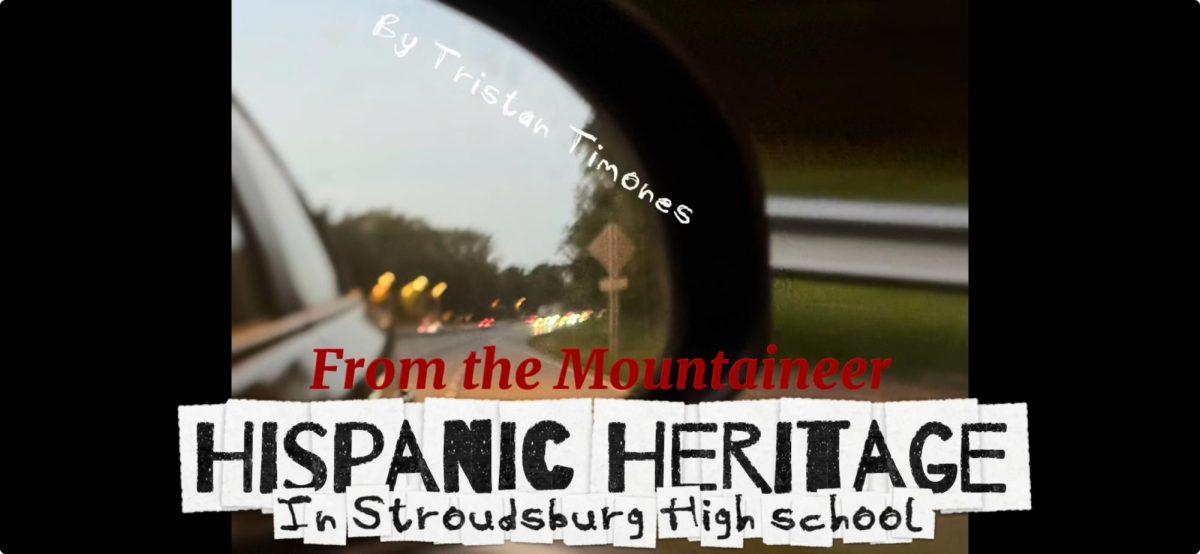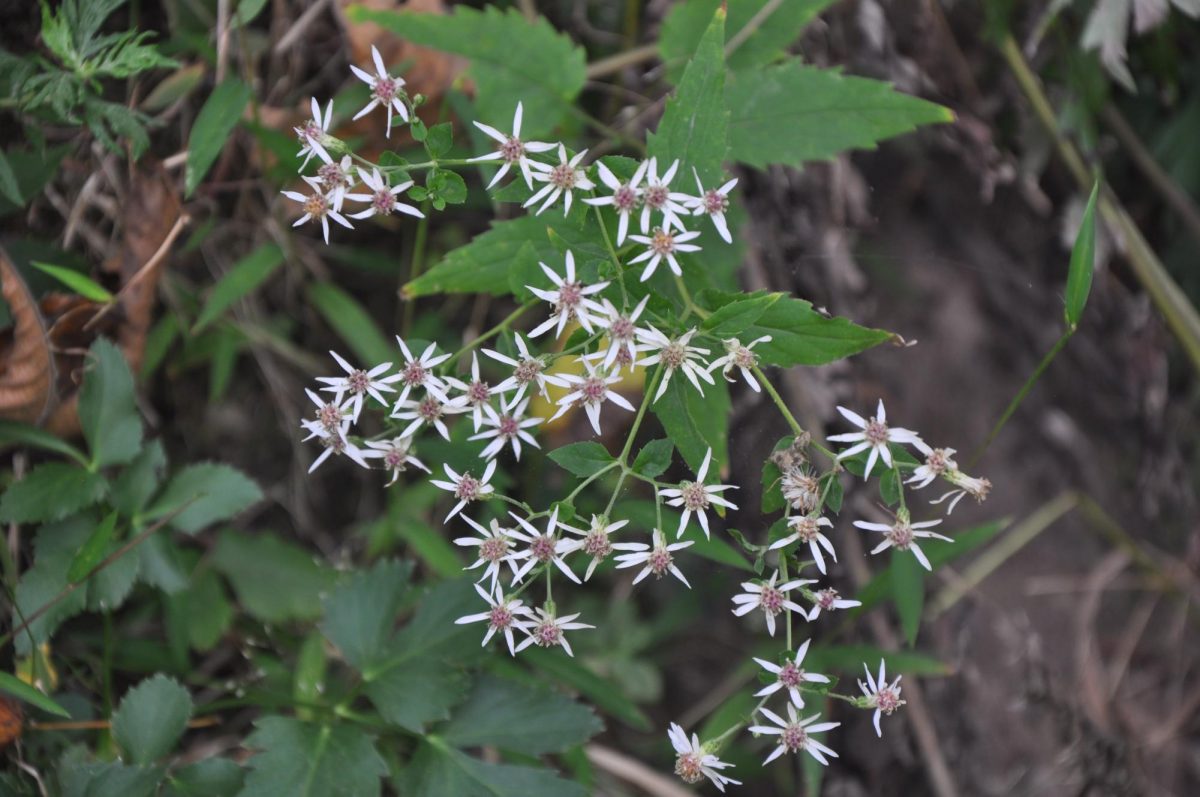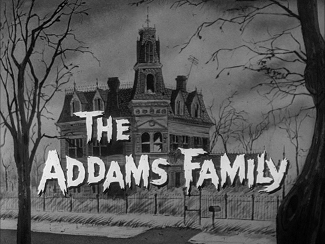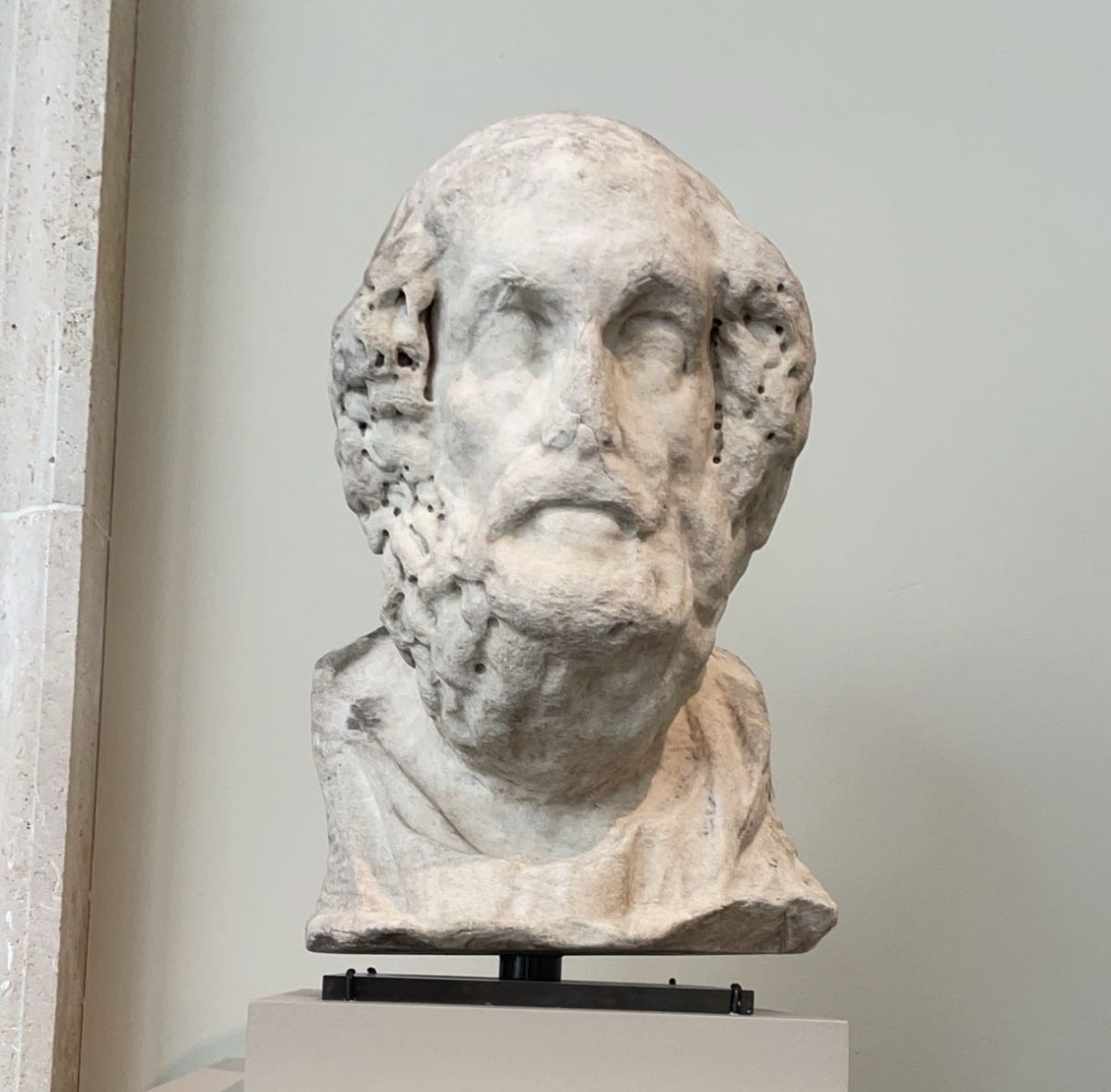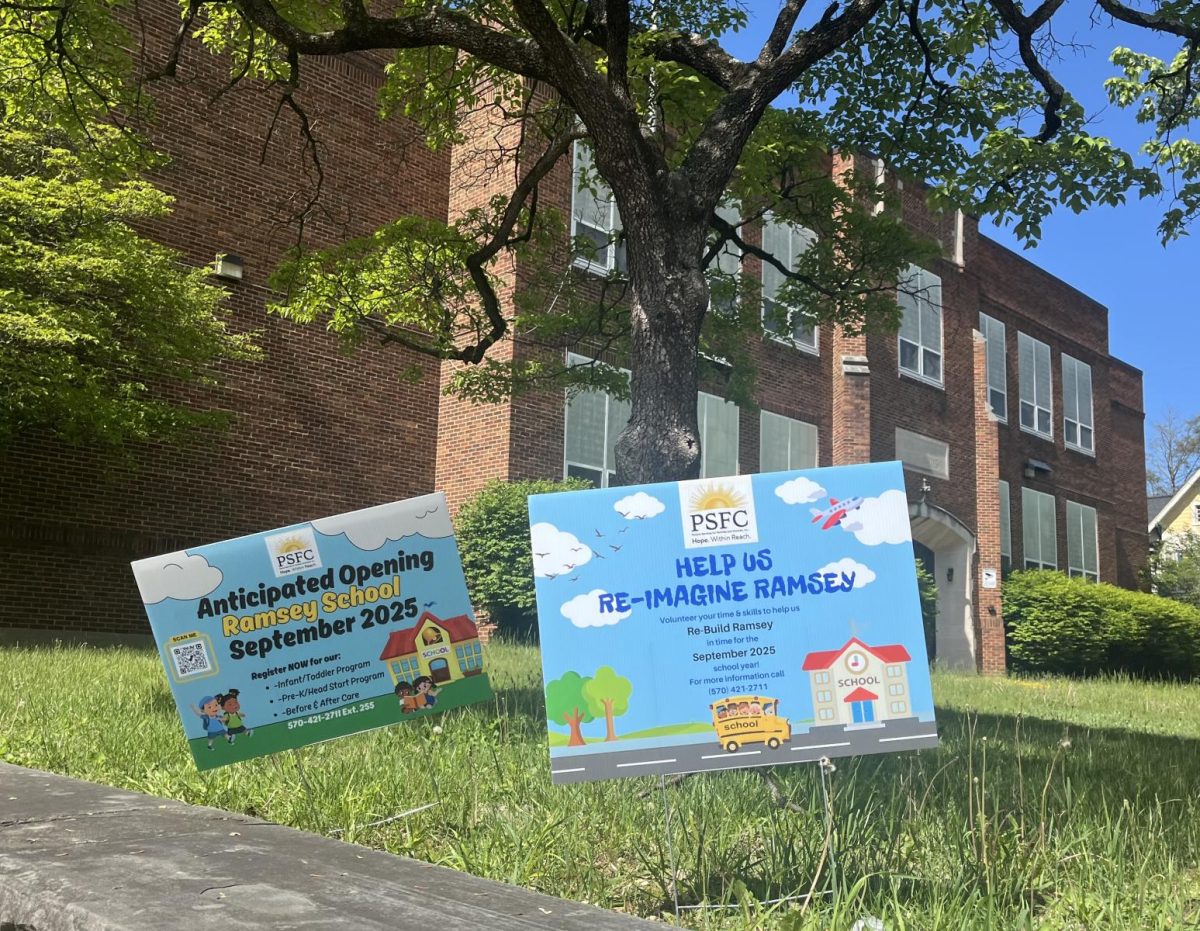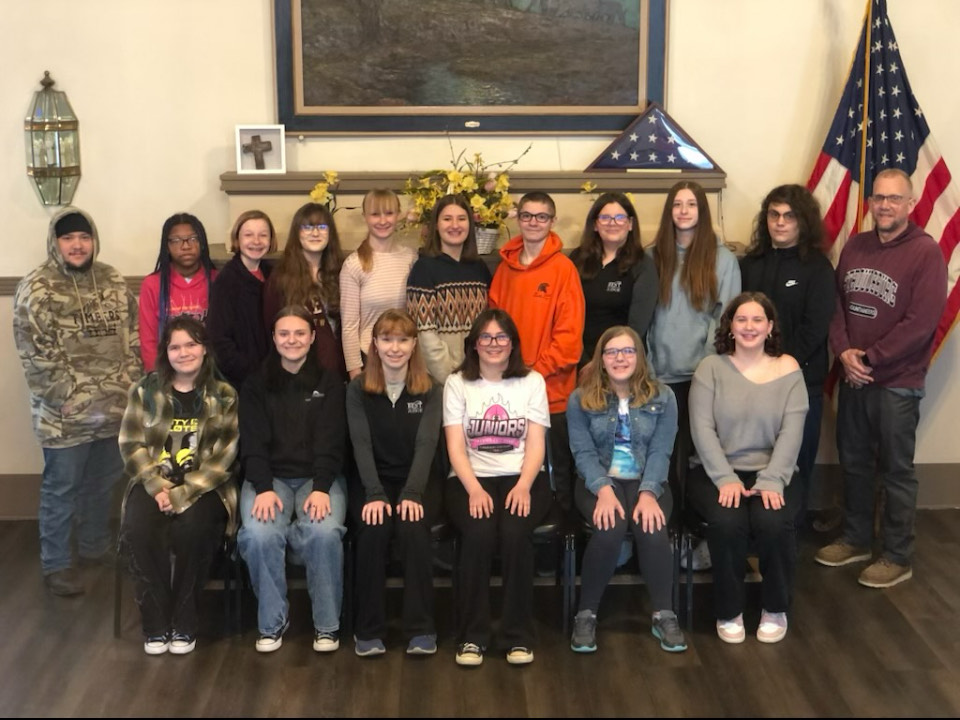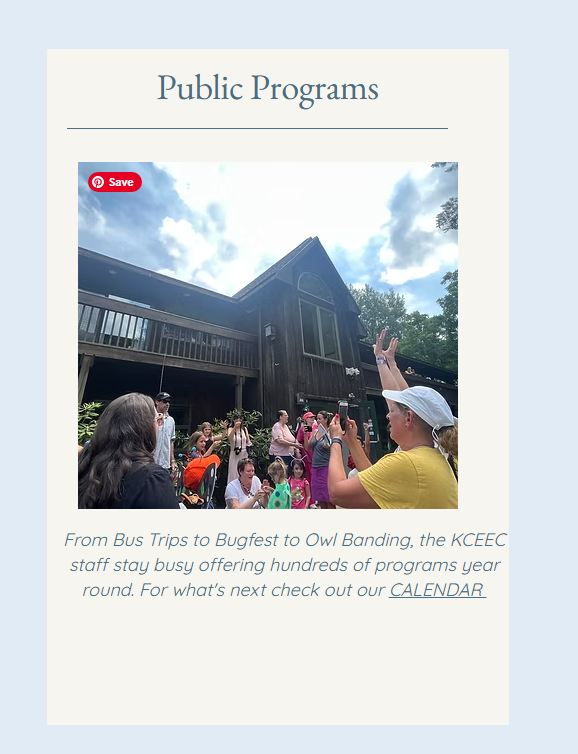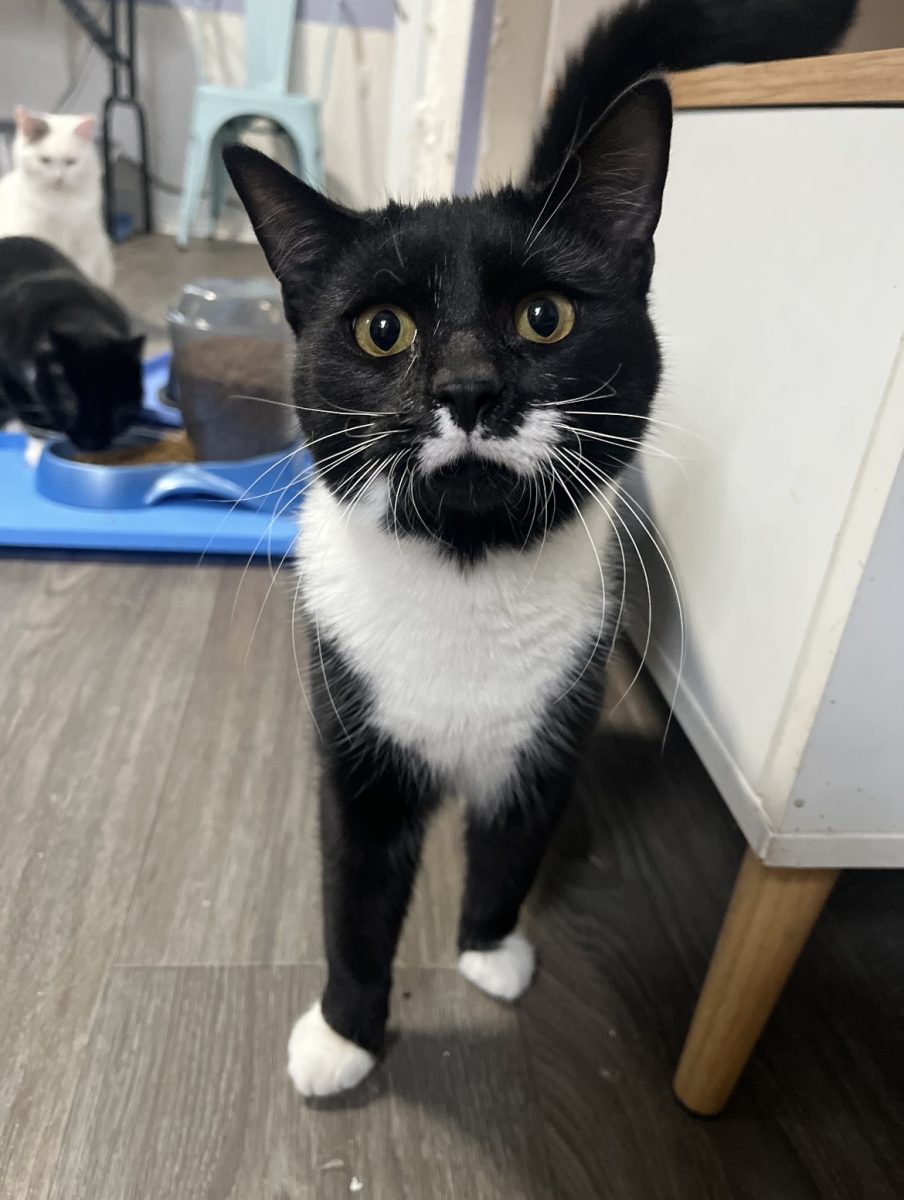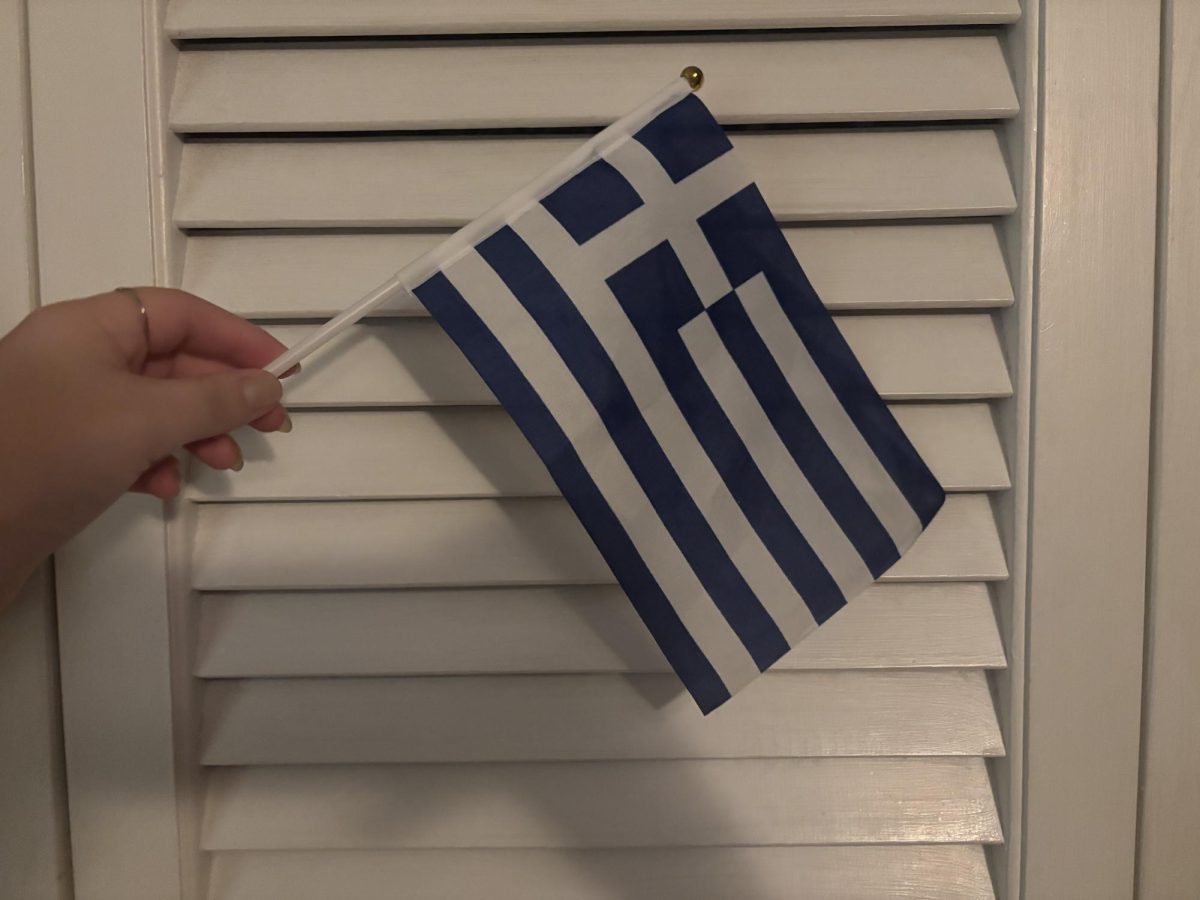While March is most known for celebrating Women’s History Month, it is a time of representation for another large group of people, Greek-Americans.
Many aspects of everyday lives have come from the culture and history of Greece. Advancements in politics, philosophy, mathematics, literature, and so much more stemmed from the minds of the Greek people.
Greek-American Heritage Month, also known as Hellenic History Month, takes the time to appreciate Greek ideals and culture. This month coincides with March 25, marking Greek Independence Day; a day that remembers the start of the War of Greek Independence in 1821.
On March 25, 1821, Bishop Germanos of Patras raised the flag of the Greek revolution over the Monastery of Agia Lavra and declared the start of Greece’s rebellion against the Ottoman Empire. He established the motto, “Eleftheria I Thanatos” (Ελευθερία ή θάυατοϛ), which translates to “Freedom or Death.” Now this location is known throughout Greece as a symbolic representation of their fight for freedom.
In modern Greece, this date is celebrated with school flag parades, where children march in traditional Greek costumes, carrying Greek flags. In the capital of Athens, the armed forces parade is held in the morning, which features thousands of armed service personnel, with squadrons from all of the Hellenic Armed Forces, civil and military marching bands.
Greek Independence Day is celebrated by Greeks around the world. The date was even recognized in the White House by President Trump. According to The National Desk, Trump acknowledged Greek-American lawmakers and members of his administration, as well as signed a proclamation in honor of Greek Independence Day and made positive remarks towards the vast group of “proud, hardworking Greek-American patriots.”
Like many groups of people, the Greek’s immigration to the United States started in waves. In an article by the Hellenic American Project, New Orleans was the first city in the U.S. to have a stable Greek community, established in 1866.
The first wave of Greek immigration to America coincided with the first stage of American Industrialization. Many Greeks arrived as a source of “cheap labor,” and with the harsh demands and poor working conditions, also came heavy discrimination. Most racial prejudice prevented and excluded Greeks from certain types of work, the use of public establishments, and fostered negative stereotypes. Despite these hostilities, Greek workers continued to participate in labor and political movements for social justice of all immigrants.
From 1965 to 1980 marked the second wave of immigration and a vast majority of Greek-Americans lived in New York, which had been the place of initial disembarkation and permanent settlement since the first wave. The Greeks established a community known as Astoria, located in Queens, and has been considered one of the largest Hellenic settlements outside of Greece and Cyprus.
Astoria, or Little Greece, exists to this day and remains a thriving Greek community, full of culture and traditions. The community is filled with Greek owned businesses such as restaurants, stores, bakeries, and more. Many churches and schools in Astoria fight to keep the language and traditions of Greece alive in the much changing world.
Greek-Americans across the country have held onto the many traditions passed down by generations, which can be directly linked with their religion, Greek Orthodox Christian. As Greece’s official religion, Greek Orthodoxy is a fundamental element of the majority of their traditions. Throughout the year, there are many holidays and events that are celebrated through the Church. Well known holidays such as Christmas and Easter (Pascha) are home to some of the most popular traditions among Greek families.
One of the most common aspects of the Greek religion is fasting for lent. According to the Greek Orthodox Archdiocese of America, the word “passions” describes the tendencies that each person has that lead us to sin. One of the most basic “passions” is hunger, which is where fasting ties in. Fasting is about getting control of our passions, maintaining control over them, and ultimately giving control of ourselves to God.
The Orthodox tradition is to fast from “foods that contain blood,” which includes meat, dairy products, fish, oil, and wine; up until recent centuries, oil and wine were stored in skins of animals. Shellfish is considered acceptable to eat during this period since they do not contain blood. The Great Lent, which refers to the fasting period prior to Easter, lasts for 40 days and focuses not only on the cleansing of the physical body, but also, the soul.
Along with lent, many of the traditions come from Holy Week in preparation for Pascha. From Palm Sunday till Easter Sunday, there’s numerous traditions that the Church and families participate in. Families develop their own traditions over time to celebrate Easter and the end of their lent.
“Pascha is my favorite time of year and definitely my favorite holiday. On Saturday into Sunday night, we stay up all night in church, celebrating Christ’s resurrection and after fasting from certain foods for lent; like meat and dairy products for 55 days,” explains Kalli Halas, ‘26. “At around 2:30, after the service, my family and some close friends always go to our diner and my dad makes burgers for us. We’ve been doing this tradition since I can remember and it’s always something to look forward to.”
From holiday traditions to music to dance, Greek-Americans have kept their culture alive despite not living in the motherland. Many families will often travel back during the summer time to visit family and friends that still live in Greece.
Stroudsburg has its own Greek community that allows each generation to continue to learn and grow in the culture and language. Twice a year, Holy Cross Greek Orthodox Church holds a Greek festival full of traditional dances and foods. At this festival, a vast number of Greek-American children and adults take the time to remember their ancestors and the culture that has shaped and influenced their lives.
“Greek people are very out-going and whether in Greece or in Greek programs in America, I have never had trouble meeting new people, many who have become my best friends,” expresses Athena Skarlis, ‘26. “All of these beliefs and experiences that I have gained through our culture have shaped me into a more positive and outgoing person.”
Greeks from around the world celebrate their culture and family traditions all year round, displaying their pride in their rich history, heritage, and deep national pride.
The Mountaineer wishes everyone a Happy Greek-American Heritage Month and Greek Independence Day!

